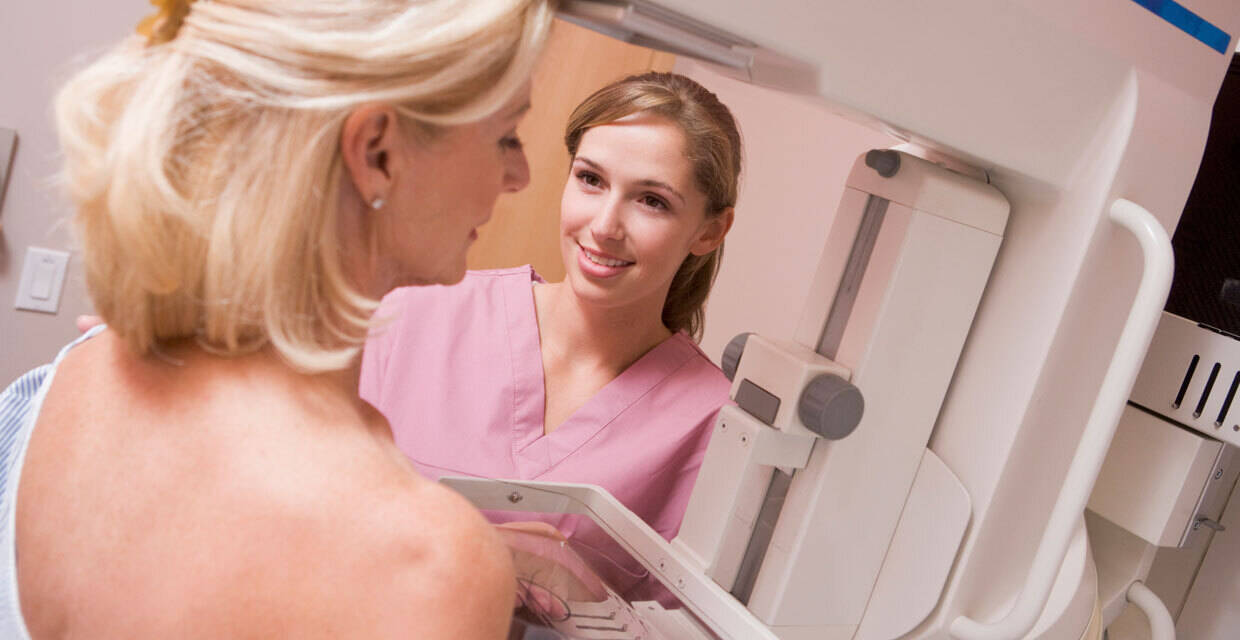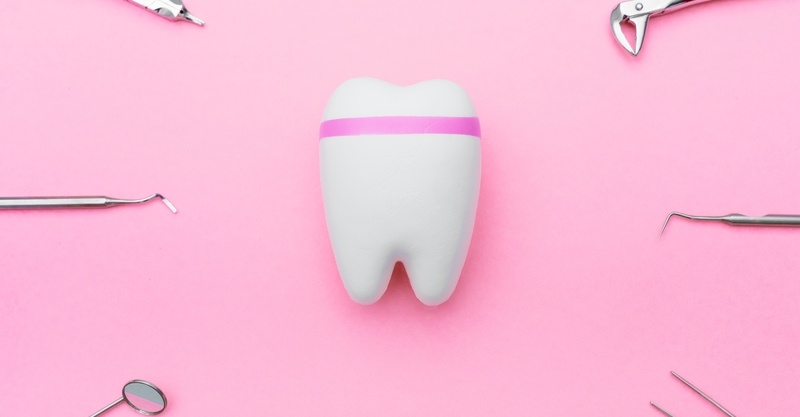Key Points
- The article emphasizes the importance of regular health screenings, stating that they can help prevent major health issues. It recommends at least one routine checkup annually for all adults to monitor general health and identify any potential issues early.
- Depending on the results of the routine checkup, additional screenings may be required. These can include tests for skin cancer, high cholesterol, or thyroid activity. It's important to communicate any unusual symptoms to your doctor during these checkups.
- For women, the article recommends annual Pap tests to check for cervical cancer, bone density tests to assess the risk of osteoporosis, and mammograms to screen for breast cancer. The age to start these tests and their frequency may vary based on individual risk factors.
- Men with a high risk of prostate cancer should consider screenings as early as age 40. For others, annual prostate and testicular cancer screenings should begin at age 50.
- The article concludes by encouraging readers to be proactive with their health and schedule these screenings. As Benjamin Franklin said, "an ounce of prevention is worth a pound of cure."
Benjamin Franklin once said, "an ounce of prevention is worth a
pound of cure." If you're hoping to keep your health in check, you may
want to see your doctor more in the coming year. Here are some
screenings you should look into. They depend on your age and gender.
Everyone: Routine Checkup
Assuming that you're a relatively healthy adult, one routine checkup a year is enough to make sure you're health is headed in the right direction. If you haven't had your annual checkup, and especially if you can't remember when you had your last routine checkup, you'll want to schedule that in the next 12 months (if not sooner).
By having a checkup
each year, you're more likely to catch things early on so they can be
prevented before becoming major problems. In addition, insurances
typically cover these exams 100 percent, so other than time, it's no
cost to you. These checkups include personal history, blood pressure,
body mass index, preventive screenings, and a physical exam.
Everyone: Other Screenings
Depending on the results of the routine checkup, your doctor might request more screenings. These might include screenings for skin cancer, high cholesterol, or thyroid activity. At the routine checkup, be sure to answers questions thoroughly and let the doctor know of any unusual problems that you've noticed, such as digestive issues or decreased energy. Your doctor will help decide if you need additional screenings to check for causes.
Women: Pap Test
Every year women
should have a Pap test to check for cervical cancer. Since nearly all
cases of cervical cancer are caused by an infection, it's essential to
check annually for precancerous cervix lesions. It typically takes one
to two years after infection before it becomes cancer.
Women: Bone Density Test
Depending on age and risk factors, women will want to have a bone density test performed to check for the risk of osteoporosis. This is sometimes performed as early as 40, but should be done at least once by age 50 (though may need to be done more often, as determined by your doctor). This test uses X-rays to measure minerals in bones, which may prevent bone breaks.
Women: Mammogram
Depending on risk factors,
women will want to start having annual mammograms. This is an X-ray that
is taken to check for both cancerous and benign conditions that might
require more testing. Women at high risk will want to start earlier.
Otherwise, annual exams should be performed every year starting at age
50.
Men: Prostate and Testicular Cancer Screenings
For
men that have a high risk of prostate cancer (such as having close
relatives who had it), a digital rectal exam or the prostate-specific
antigen blood test should be done as early as age 40. Otherwise, this
should be annually by the time men reach the age of 50.
Become
more proactive with your health. It's up to you to get these health
screenings scheduled. With just an ounce of prevention, you may save
yourself from needing many pounds of cure later on.
Frequently asked questions
How often should a healthy adult have a routine checkup?
A healthy adult should have a routine checkup once a year.What does a routine checkup typically include?
A routine checkup typically includes a personal history, blood pressure check, body mass index calculation, preventive screenings, and a physical exam.What additional screenings might a doctor recommend based on the results of a routine checkup?
Depending on the results of the routine checkup, a doctor might recommend additional screenings for skin cancer, high cholesterol, or thyroid activity.How often should women have a Pap test?
Women should have a Pap test annually to check for cervical cancer.At what age should women start having bone density tests?
Depending on age and risk factors, women should start having bone density tests as early as 40, but at least once by age 50.What is the purpose of a mammogram and when should women start having them?
A mammogram is an X-ray taken to check for both cancerous and benign conditions that might require further testing. Depending on risk factors, women should start having annual mammograms at age 50.When should men start having prostate and testicular cancer screenings?
Men who have a high risk of prostate cancer should start screenings as early as age 40. Otherwise, these screenings should be done annually starting at age 50.What is the overall benefit of regular health screenings?
Regular health screenings help to catch potential health issues early on, which can prevent them from becoming major problems. This proactive approach can save you from needing extensive treatment later on.


 LinkedIn
LinkedIn








